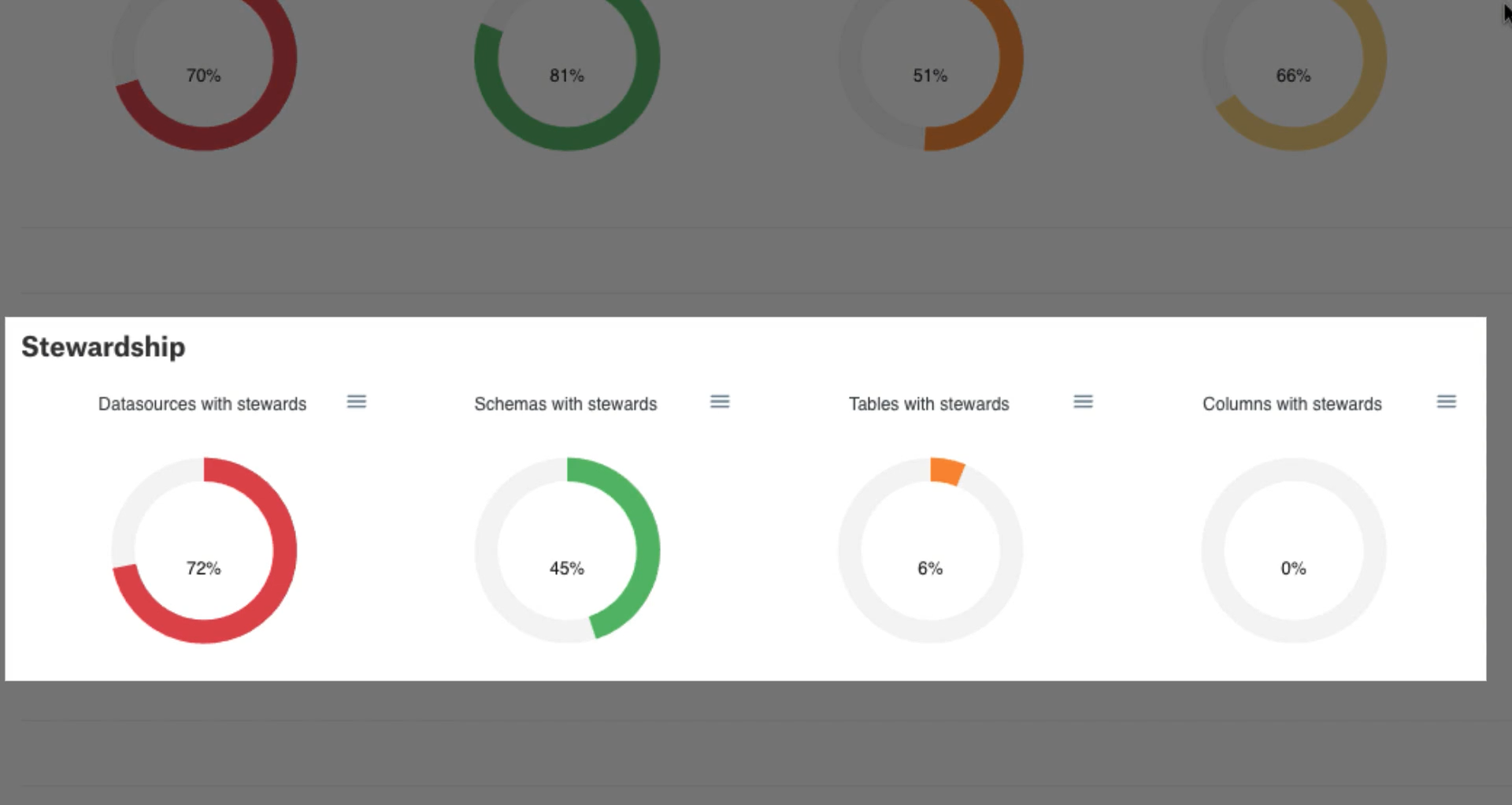Alation Data Catalog: Complete Buyer's Guide
Enterprise data intelligence platform leveraging AI for metadata management
Alation Data Catalog is an enterprise data intelligence platform that leverages AI to automate metadata management and data discovery workflows for large-scale organizations. Named a Leader in Forrester's 2025 Data Governance Wave, reportedly scoring highest in strategy across vision, roadmap, and adoption metrics[52][53], Alation serves Fortune 100 enterprises including Pfizer and Sallie Mae[43][53][58] with AI-augmented data catalog capabilities.
Market Position & Maturity
Market Standing
Alation maintains a strong enterprise market position as a Leader in Forrester's 2025 Data Governance Wave, reportedly scoring highest in strategy across vision, roadmap, and adoption metrics[52][53].
Company Maturity
Company maturity indicators include an established Fortune 100 customer base featuring Pfizer, Sallie Mae, Domain Group, and Keller Williams[41][43][47][53][58].
Growth Trajectory
Growth trajectory evidence includes the announced 2025 Agentic Platform with AI agents and SDK capabilities[40].
Industry Recognition
Historical market recognition includes previous positioning as a Gartner Magic Quadrant Leader for metadata management in 2020[49].
Strategic Partnerships
Strategic partnerships enhance market position through native integrations with Snowflake, Tableau, and Anomalo[41][45][47].
Longevity Assessment
Long-term viability assessment shows positive indicators through enterprise customer retention, continued product innovation, and analyst recognition.
Proof of Capabilities
Customer Evidence
Enterprise customer validation demonstrates Alation's effectiveness across Fortune 100 implementations. Sallie Mae achieved 70% reduction in data discovery time through AI-assisted search capabilities[43], while Domain Group accomplished unified data visibility and accelerated AI model development through Snowflake integration[41]. Keller Williams reported 10x cost reduction in data governance when combining Alation with Anomalo across over 1,300 tables[47].
Quantified Outcomes
Quantified business outcomes from Forrester's Total Economic Impact study documented 364% ROI over three years with $2.7M in savings from shortened data discovery and 50% faster analyst onboarding[58][59].
Case Study Analysis
Customer implementations consistently demonstrate efficiency gains in data access and governance workflows.
Market Validation
Market adoption indicators include successful integrations with leading platforms like Snowflake, Tableau, and Anomalo[41][45][47].
Competitive Wins
Competitive wins demonstrate market validation through analyst recognition as a Leader in Forrester's 2025 Data Governance Wave, scoring highest in strategy metrics[52][53].
Reference Customers
Reference customer outcomes consistently emphasize data discovery efficiency and governance cost reduction.
AI Technology
Alation's technical foundation centers on ALLIE AI machine learning technology, which delivers semantic search and automated generation of titles and descriptions for data assets[42][44].
Architecture
The 2025 Agentic Platform represents Alation's most significant technical advancement, introducing AI agents for autonomous metadata resolution and governance policy enforcement[40].
Primary Competitors
Collibra and Atlan in the enterprise data catalog segment rather than direct AI design tools[40][50].
Competitive Advantages
Competitive advantages include ALLIE AI machine learning technology for semantic search and automated metadata curation[42][44], providing more intelligent discovery capabilities than traditional catalog tools.
Market Positioning
Market positioning strengths emerge from Forrester's 2025 Data Governance Wave recognition as a Leader, reportedly scoring highest in strategy across vision, roadmap, and adoption metrics[52][53].
Win/Loss Scenarios
Win/loss scenarios favor Alation for enterprises requiring federated governance with AI-augmented workflows, particularly in Snowflake/Tableau environments[41][45][53].
Key Features

Pros & Cons
Use Cases
Integrations
Featured In Articles
Comprehensive analysis of AI Catalog Design Tools for AI Design for AI Design professionals. Expert evaluation of features, pricing, and implementation.
How We Researched This Guide
About This Guide: This comprehensive analysis is based on extensive competitive intelligence and real-world implementation data from leading AI vendors. StayModern updates this guide quarterly to reflect market developments and vendor performance changes.
59+ verified sources per analysis including official documentation, customer reviews, analyst reports, and industry publications.
- • Vendor documentation & whitepapers
- • Customer testimonials & case studies
- • Third-party analyst assessments
- • Industry benchmarking reports
Standardized assessment framework across 8 key dimensions for objective comparison.
- • Technology capabilities & architecture
- • Market position & customer evidence
- • Implementation experience & support
- • Pricing value & competitive position
Research is refreshed every 90 days to capture market changes and new vendor capabilities.
- • New product releases & features
- • Market positioning changes
- • Customer feedback integration
- • Competitive landscape shifts
Every claim is source-linked with direct citations to original materials for verification.
- • Clickable citation links
- • Original source attribution
- • Date stamps for currency
- • Quality score validation
Analysis follows systematic research protocols with consistent evaluation frameworks.
- • Standardized assessment criteria
- • Multi-source verification process
- • Consistent evaluation methodology
- • Quality assurance protocols
Buyer-focused analysis with transparent methodology and factual accuracy commitment.
- • Objective comparative analysis
- • Transparent research methodology
- • Factual accuracy commitment
- • Continuous quality improvement
Quality Commitment: If you find any inaccuracies in our analysis on this page, please contact us at research@staymodern.ai. We're committed to maintaining the highest standards of research integrity and will investigate and correct any issues promptly.